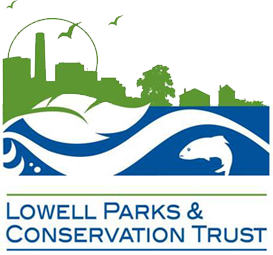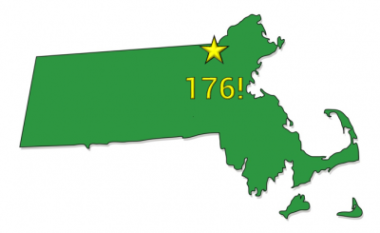Community Preservation Act
Thank you for voting to support the Community Preservation Act!
The vote passed 5,018 yes to 3,646 no.
More information about the CPA:
The Community Preservation Act (CPA) was signed into law in 2000 as a tool to assist communities in preserving open space and historic sites, creating affordable housing, and developing outdoor recreational facilities. To date, 175 of the Commonwealth’s cities and towns have adopted the CPA with just over $2.1 billion raised in funding statewide.
The CPA requires that communities spend, or set aside for future spending, a minimum of 10% of their annual CPA revenues for each of the three following categories: open space/recreation, historic preservation, and community housing. The remaining 70% of the funds are undesignated, and can be used for any allowable project in any of the CPA categories.
Funding for the CPA comes from two sources. The first is a surcharge on local property taxes of either 1, 2, or 3 percent. The second is from a state match from the Community Preservation Trust fund whose source of funds is surcharges on documents filed at the Registry of Deeds. It must be noted that since 2001, $5.8 million dollars has been paid into the Community Preservation Trust Fund from Lowell real estate transactions at the Registry with the community not benefitting as Lowell has not passed the CPA.
Much more information on the Community Preservation Act can be found on the website of the Community Preservation Coalition
Letter to community of Lowell from Mass Audubon, LP&CT and Mill City Grows.
Dick Howe’s blog from February also provides some great information:
Community Preservation Act
“While I’m on the subject of revenue collected by the registry of deeds, I feel compelled to mention the Community Preservation Act. The CPA is a state law that permits the residents of a city or town to vote to add a surcharge onto their existing property taxes. This added revenue must be used for any of four purposes: (1) to preserve open space; (2) to preserve historical sites; (3) to create recreational opportunities; (4) to create affordable housing.
As an incentive to participate in the program, the state will match funds raised locally with state funds. The state’s contribution to this effort comes from the Community Preservation Trust fund which gets its money from a surcharge on documents recorded at the registry of deeds. In most cases, that surcharge is $20 per document.
The Community Preservation Act became law in 2001. Since then, the Middlesex North Registry of Deeds has collected more than $26 million in contributions to the Community Preservation Act. Here are the amounts attributable to the eight largest communities in the Middlesex North District (Carlisle and Dunstable are omitted):
-
Billerica – $3,370,220
-
Chelmsford – $3,011,360
-
Dracut – $2,592,550
-
Lowell – $5,833,970
-
Tewksbury – $2,669,790
-
Westford – $2,164,360
-
Wilmington – $2,003,520
To be clear, since 2001, owners of real estate in Lowell have paid $5.8 million dollars into the Community Preservation Trust Fund and Lowell has not received one penny back from that fund.
Absent that, if you’re a Lowell property owner, next time you encounter someone from Billerica, Chelmsford, Dracut, Tewksbury or Westford, ask them to thank you for helping to fund all the great projects their towns have undertaken with CPA funds.”


